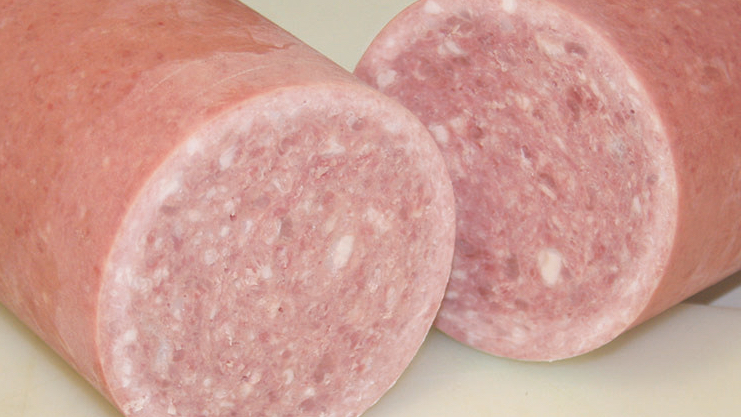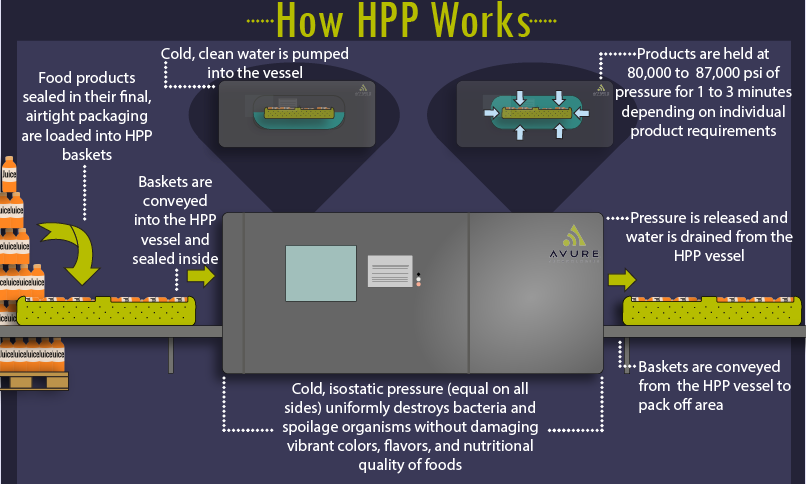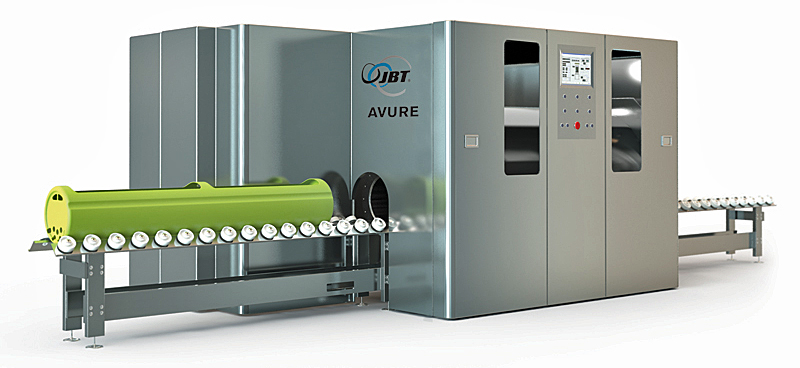The risks posed by bacterial contamination of ready- to-eat (RTE) products have once again been brought into sharp focus following recent recalls of deli meats and sausages in the US after samples tested positive for listeria. Aside from the obvious health risks for consumers, the danger to processors is always the potential for costly and unwanted disruption of production activities.
How can deli meat companies guard against such risks? And can wider adoption of High Pressure Processing (HPP) provide the answer?
Here, Dr Errol Raghubeer, Senior Vice President of HPP Science & Technology at JBT Avure HPP, examines the hazards deli meat processors face and looks at how HPP can play a positive role in avoiding repeat contamination events.

As several recent outbreaks have shown, RTE meat products are susceptible to contamination by pathogens, particularly Listeria monocytogenes. In fact, in a number of these cases, analyses of environmental sources of contamination have implicated slicing equipment.
In 2003, Avure Technologies submitted to the USDA/FSIS results of pathogen-inoculated studies in RTE meat products that demonstrated the efficacy of HPP to inactivate L. monocytogenes, Salmonella and E. coli O157:H7. The FSIS Listeria rule of 2006 (9 CFR 430) identifies HPP as a post-lethality treatment as it is used on products in their final packages.
Since the issuance of the FSIS rule, several RTE meat processors have implemented HPP to provide food safety to consumers, and in the process have avoided product recalls of the kind currently being seen with a major deli meat brand, enabling them to protect their brands.
RTE meat companies are not only using HPP to protect against contamination of exposed meat (FSIS, 2014), many processors are also using it to inactivate pathogens that may be present in products due to adulterated raw materials or under-processing.

Learning the lessons
In 2017/2018, the largest reported outbreak of listeriosis occurred in RTE processed meat products manufactured in South Africa resulting in multiple fatalities. Since then, a number of companies producing processed RTE meats such as hot dogs and Polony have turned to HPP to ensure the safety of their products.
The current recall includes meat intended for slicing at retail delis as well as some packaged meat and poultry products sold at retail locations.

Companies exporting RTE meat products, both post-lethality exposed and unexposed to the US, such as salami and prosciutto, use HPP to meet the FSIS 5-Log listeria reduction.
The benefits of HPP to the RTE meat industry extend beyond food safety. Processors get longer shelf-life and extension of product quality. This allows manufacturers to reach wider markets, reduce spoilage and wastage, and maintain brand integrity.

